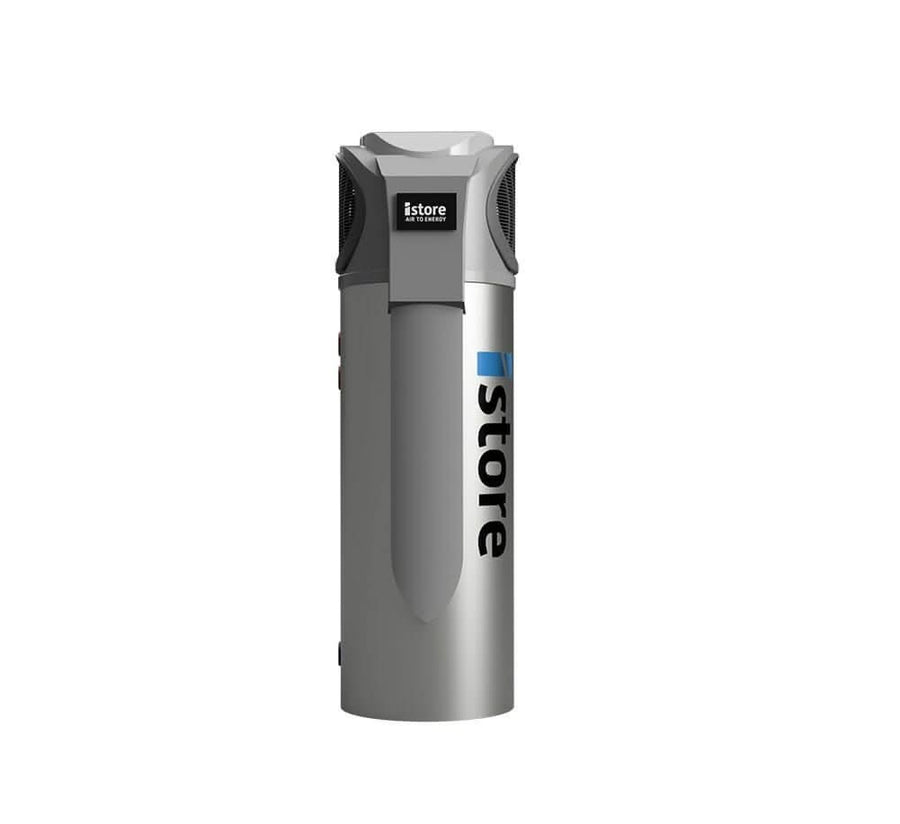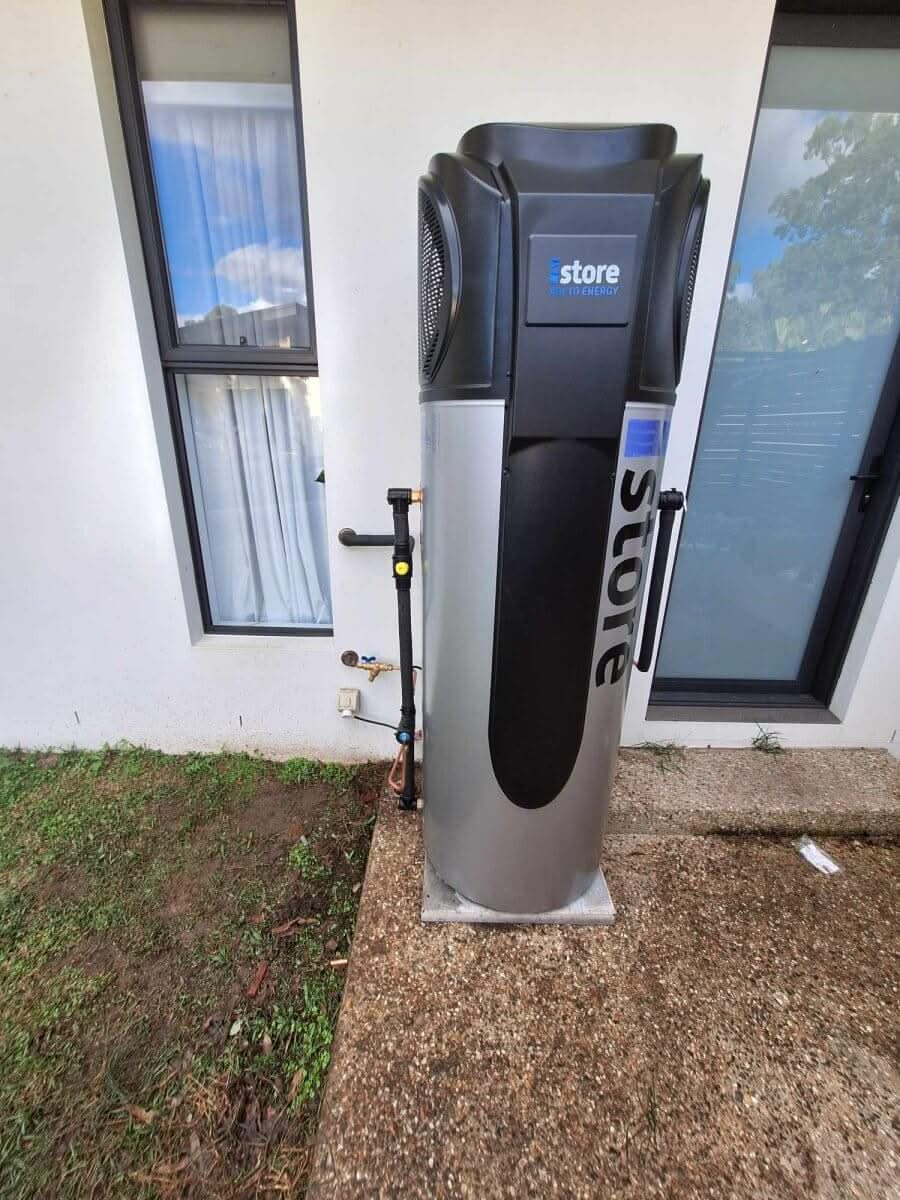Efficient Heating Water Solutions for Your Home: Find Your Perfect System
Looking to efficiently heat water in your home? Navigate the waters of solar, electric, and gas systems with ease. We’ll guide you through costs, efficiency, and eco-friendly choices for heating water, equipping you with the knowledge to pick the best system without the fluff.
Key Takeaways
-
Selecting an efficient water heating system is vital for reducing energy bills and minimizing carbon footprint, with choices including solar, gas, and electric systems.
-
Solar hot water systems offer substantial energy savings and low running costs, while gas and electric systems provide different balance points between upfront costs and efficiency.
-
Regular maintenance of water heating systems is essential for their longevity, and considering government rebates can help offset the initial cost of more efficient systems.
Understanding Water Heating Systems
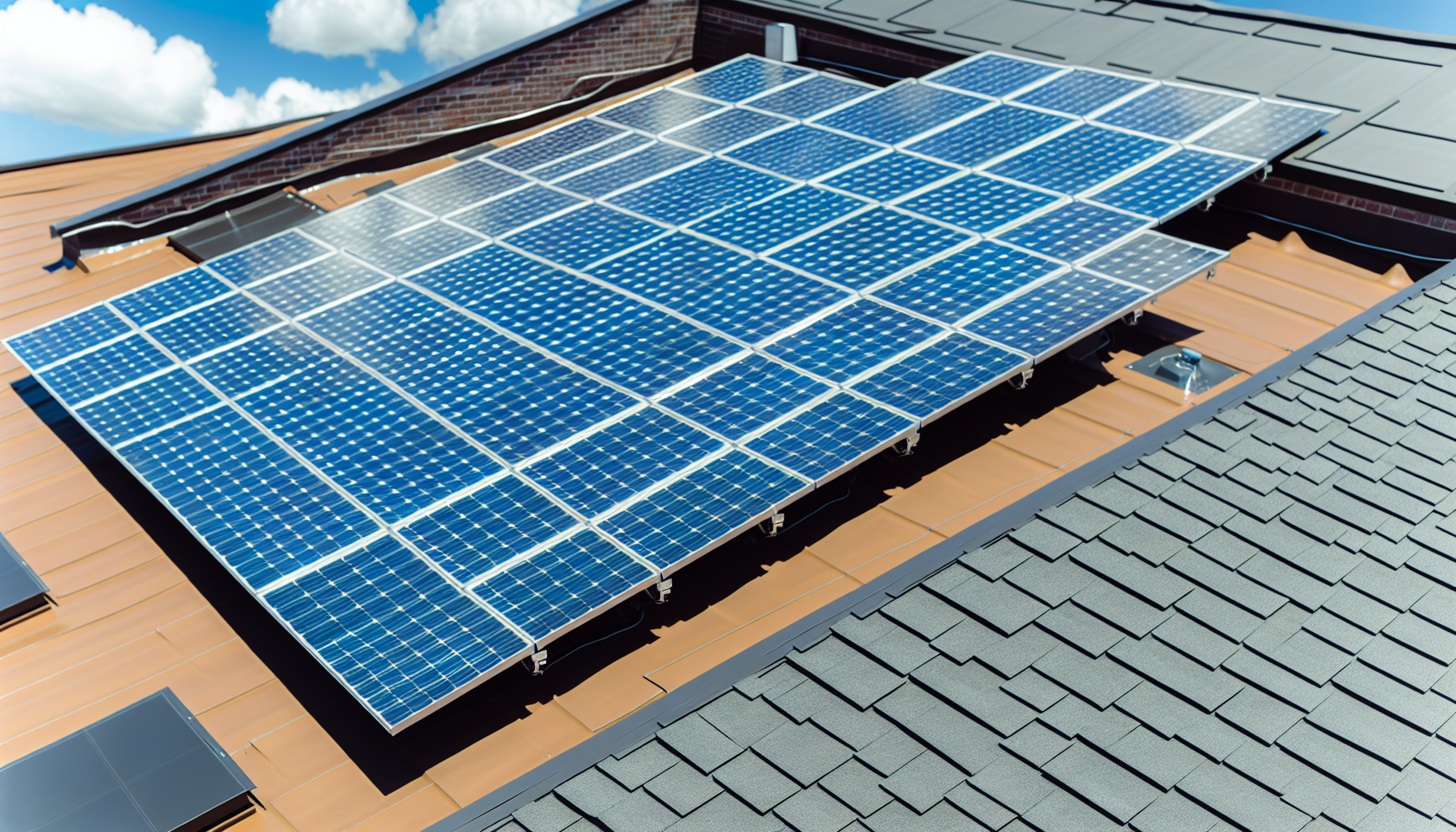
Among modern conveniences, hot water availability stands out. We’ve grown accustomed to instantaneous access to hot water, a luxury that is now a staple in our day-to-day lives. Not only for comfort but also for health and safety, reliable hot water delivery is crucial, with residential systems recommended to maintain water at a steady 60°C to prevent bacterial growth, while ensuring it’s delivered at a safe temperature where necessary.
Considering this, selecting an efficient hot water system is an impactful decision on energy bills and consumption.
Exploring Types of Water Heaters
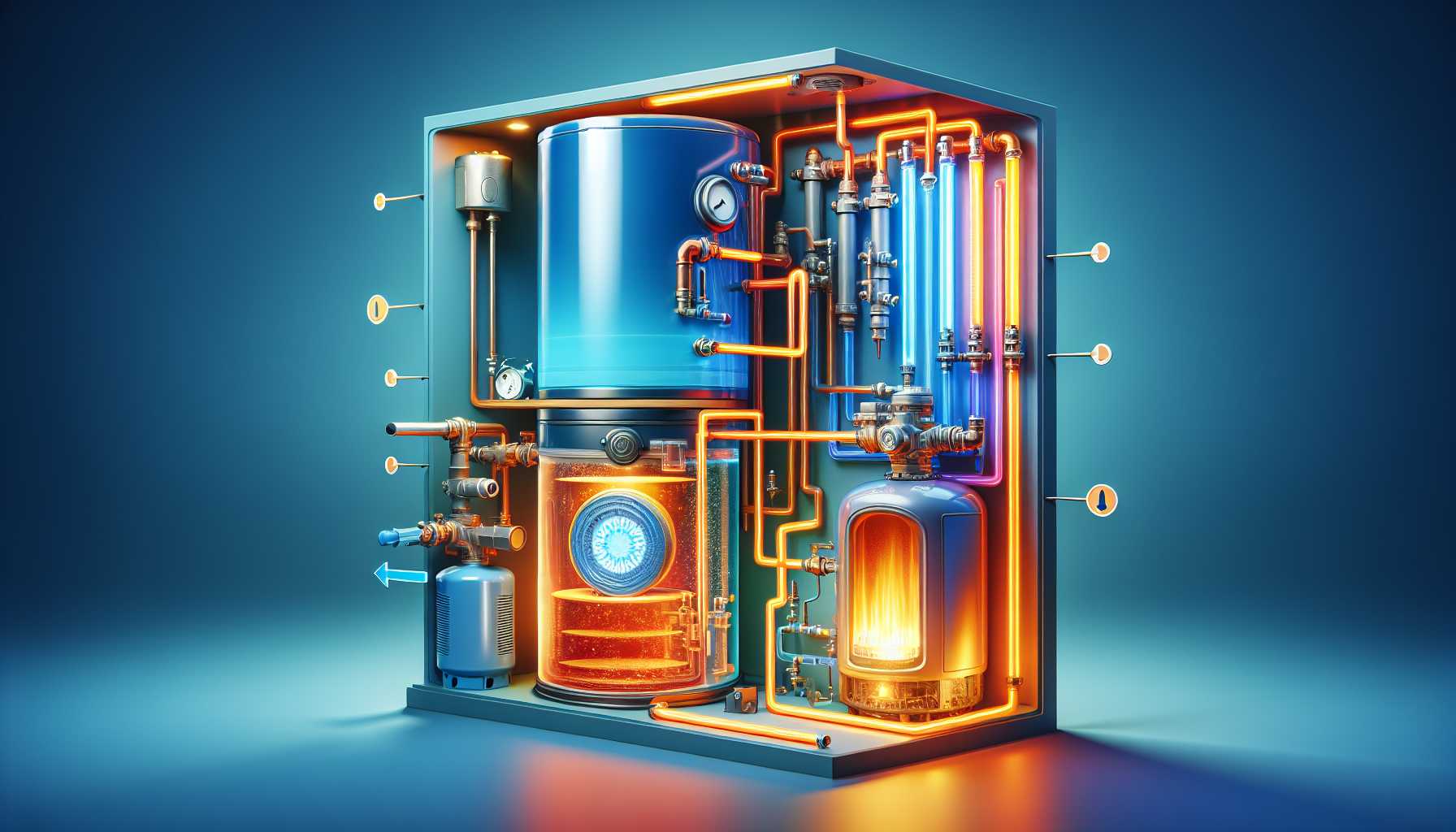
A myriad of options unfold when delving into the world of hot water systems, each with its unique benefits and considerations. Whether your focus is on sustainability, cost-effectiveness, or sheer convenience, there’s a solution that fits the bill.
Whether harnessing the sun’s boundless energy with solar hot water systems or relying on the traditional reliability of gas and electric systems, the suitable choice will cater to your household’s needs and preferences.
Solar Hot Water Systems
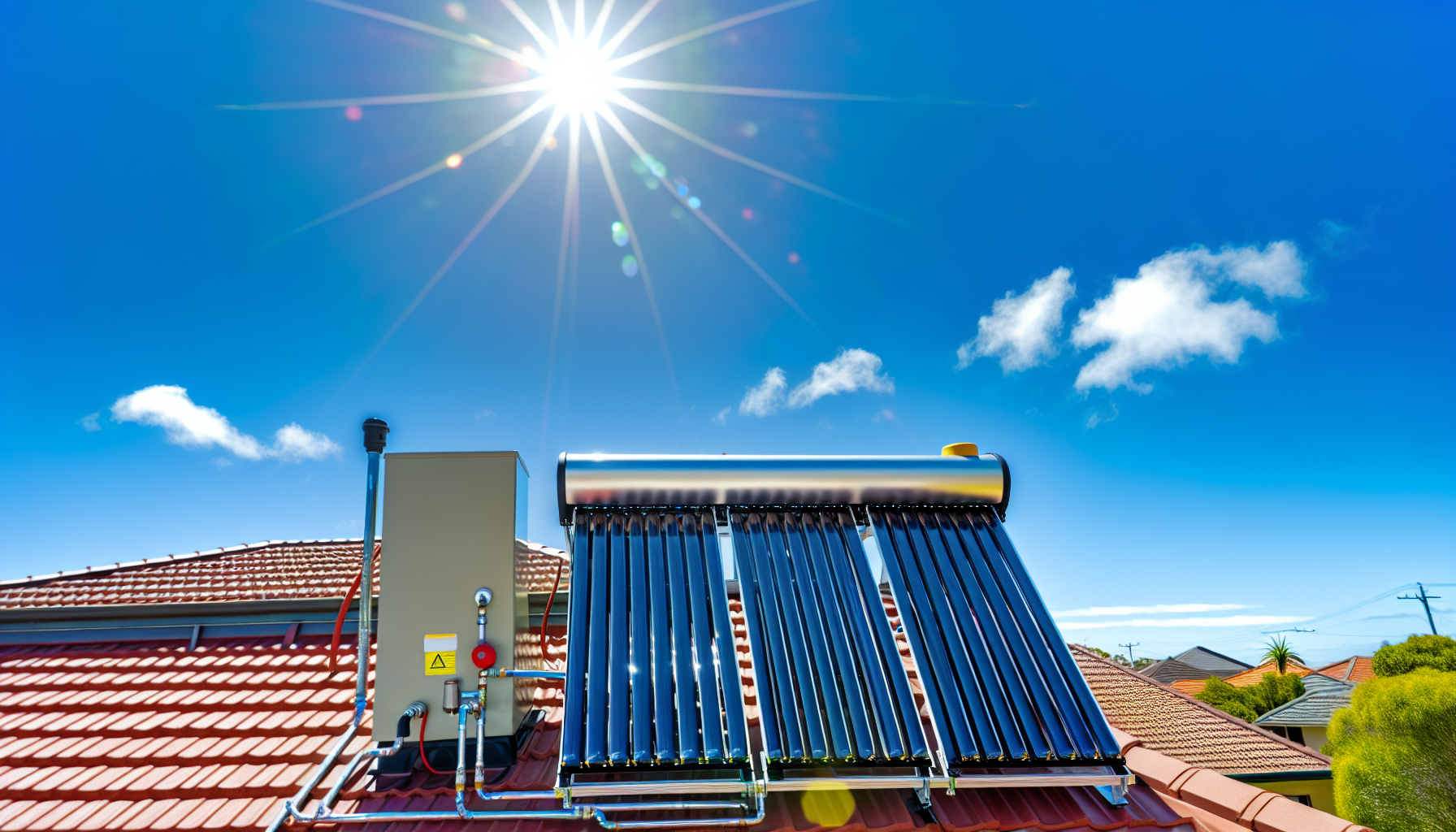
Harnessing the power of the sun, solar hot water systems epitomize efficiency and environmental stewardship. They employ solar collectors, typically flat plate or evacuated tube types, to capture solar energy and heat water directly within the system. Despite the initial investment being on the higher end, these systems shine by significantly reducing energy costs and carbon emissions, especially in sunny locales.
Solar hot water systems, with their ability to meet 50% to 90% of a household’s hot water needs, embody a beacon of renewable energy, supplemented by gas or electric boosters during less sunny periods.
Gas Hot Water Systems
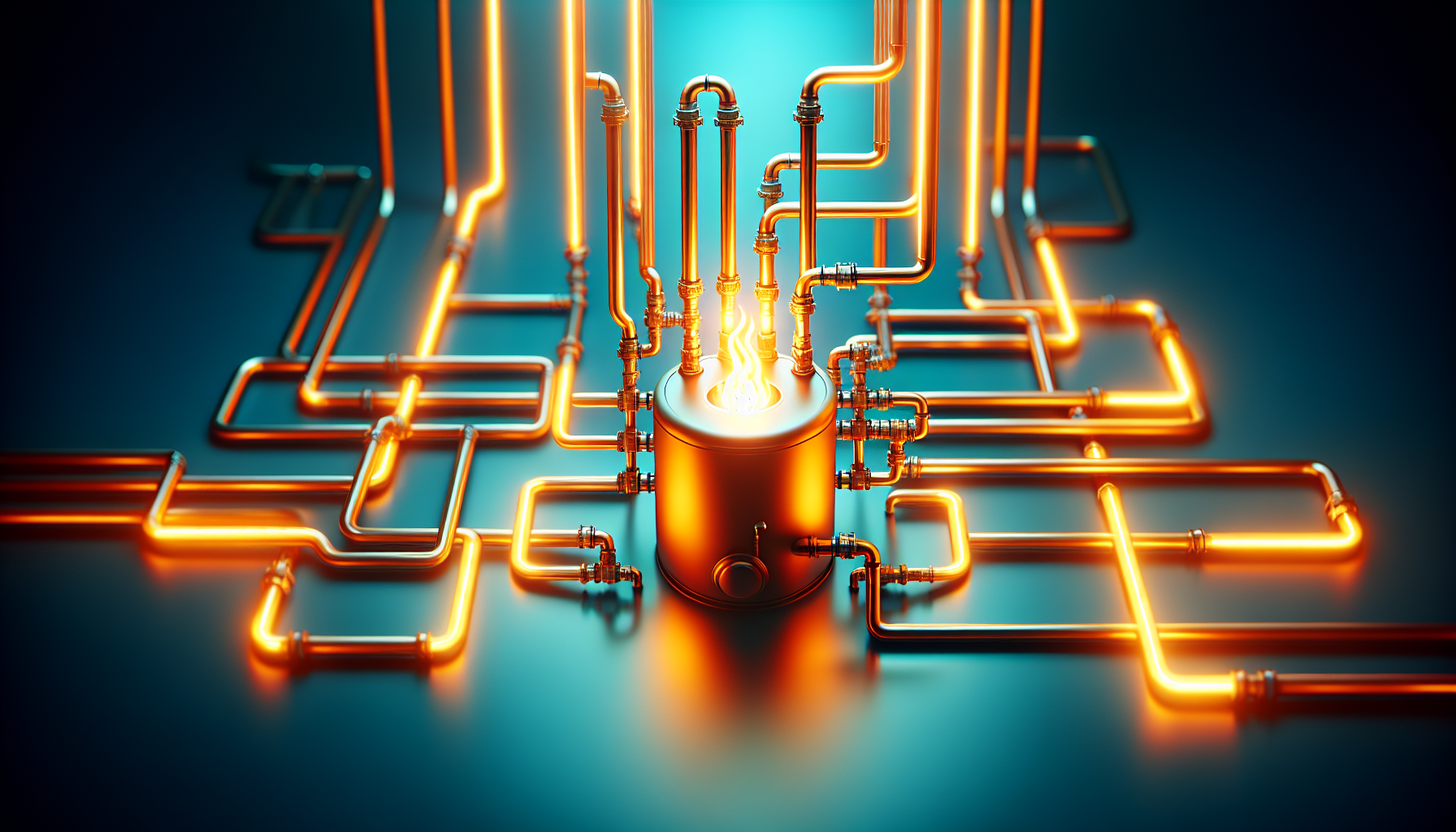
The compelling offerings of the gas hot water systems industry, including gas water heaters, are economical and energy-efficient, appealing to those seeking a balance between upfront costs and long-term savings. Gas systems, whether using natural gas or LPG, heat water rapidly and are perceived as a cost-effective means to fulfill hot water needs. Continuous flow systems, also known as continuous flow system, are particularly noteworthy for delivering an endless supply of hot water on demand, without the standby energy losses associated with storage tanks.
Electric Hot Water Systems
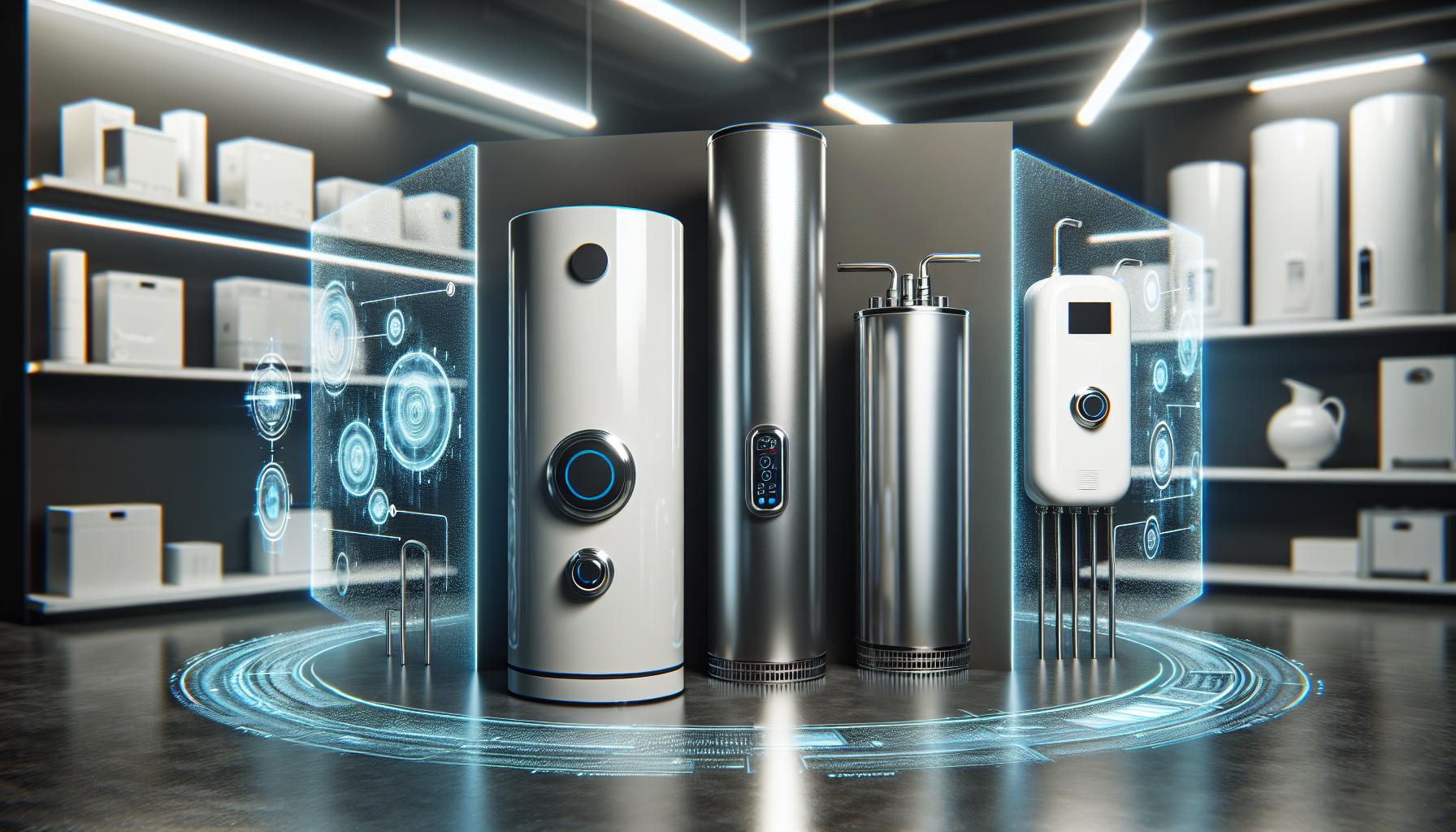
Two primary types of electric hot water systems exist: storage and instantaneous. An electric hot water system with storage, although convenient, may lead to higher energy consumption due to the need to maintain a consistent water temperature.
On the other hand, instantaneous systems, also known as tankless, stand out for their on-demand heating capabilities, offering a compact and energy-efficient solution for smaller households.
The Efficiency Factor
Seeking an efficient hot water system isn’t only about meeting a household’s hot water needs, but also about doing so in the most energy-conscious way possible. Insulation plays a pivotal role in this arena, as poorly insulated tanks and pipes can lead to significant energy waste.
Innovations in heat pump technology, utilizing the ambient heat from the air, and solar hot water systems, relying on the abundant energy of the sun, spotlight the pinnacle of efficiency in water heating.
Installation and Running Costs
Choosing a new hot water system involves practical considerations of installation and running costs. Installation can vary widely, from around $1,000 for electric systems to upwards of $7,000 for solar setups.
Running costs, however, tell a different story; for instance, gas systems are more economical than their electric counterparts, while solar systems can offer the lowest running costs, especially when paired with incentives that further reduce energy bills.
Sizing Your System Correctly
Choosing the right size for your hot water system is like finding a perfectly fitting shoe—it must be just right to avoid inefficiencies and energy wastage. The size of your system should be tailored to your household’s unique demands, influenced by factors such as the number of occupants and water usage patterns.
For example, a family of four would typically require one of the gas storage systems with a capacity of around 170 liters, or 250 liters for an electric system on a continuous tariff.
Innovations in Heat Pump Technology
Heat pumps, leaders in hot water system innovation, are remarkable for their efficiency, outperforming traditional heating methods by producing multiple units of heating energy for every unit of electricity consumed. One of the most popular types is the heat pump water heater, which provides an energy-efficient solution for hot water needs.
High-efficiency models like those from Rheem, with energy efficiency ratings soaring to 7 stars, are transforming the landscape of energy use and greenhouse gas emissions.
Government Incentives and Rebates
Various government incentives and rebates are available to encourage the adoption of energy-efficient hot water systems and ease homeowners’ financial burden. These can lead to significant cost savings, especially for systems like heat pump water heaters that qualify for renewable power incentives.
Reducing Your Carbon Footprint
Adopting an energy-efficient hot water system goes beyond personal comfort and cost-saving; it contributes to reducing your carbon footprint. Hot water heating is a significant source of household energy use and greenhouse gas emissions, and by choosing a system like a gas-boosted solar hot water system, you can make a substantial impact on your environmental footprint.
Maintenance Tips for Longevity
Regular maintenance of your hot water system ensures its longevity and optimal performance. Regular inspections, visual checks for leaks or rust, and draining the system to remove sediment can all contribute to a more efficient and longer-lasting hot water system.
Transitioning from Old to New
Careful planning and consideration are vital when it’s time to replace an old hot water system. Researching different systems and understanding the costs associated with disposal, delivery, and installation can help ensure a smooth transition to a new, more efficient system.
Summary
In summary, choosing the right hot water system for your home involves a careful balance of immediate needs, long-term savings, and environmental impact. Whether you opt for the sustainability of solar, the economy of gas, or the convenience of electric, each system offers its unique set of benefits and considerations.
Frequently Asked Questions
What is the best way to heat water?
The best way to heat water efficiently and save money on energy bills is to install a heat pump water heater or consider using a solar water heater. These options provide high efficiencies and significant cost savings.
Is it cheaper to heat water with gas?
Yes, heating water with gas is usually more cost-effective than using electricity due to the lower cost of gas.
What are the main types of hot water systems available?
The main types of hot water systems are solar, gas, and electric, each with unique benefits in terms of efficiency and energy use. Choose the one that best suits your needs.
How can I ensure my hot water system is energy-efficient?
To ensure your hot water system is energy-efficient, opt for a system with good insulation, consider energy-efficient models like heat pump water heaters, and explore renewable energy sources such as solar power to minimize energy consumption.
Are there government incentives for installing energy-efficient hot water systems?
Yes, there are government incentives and rebates available to help offset the cost of installing energy-efficient hot water systems, especially for heat pump water heaters.






